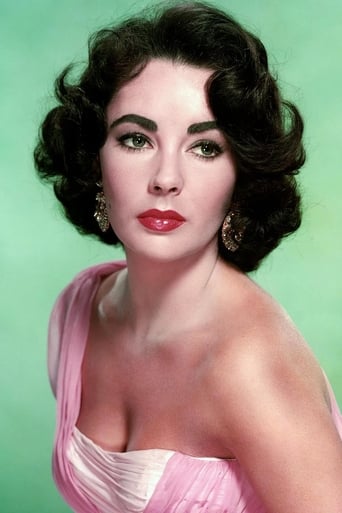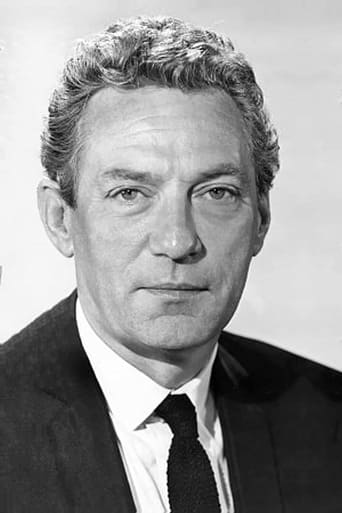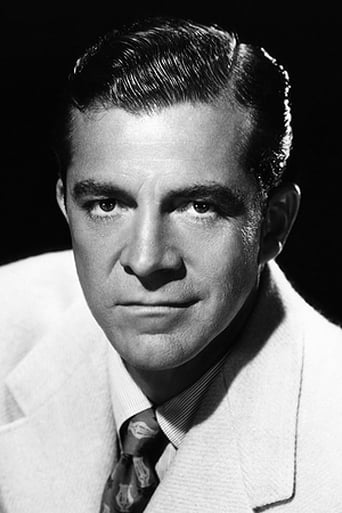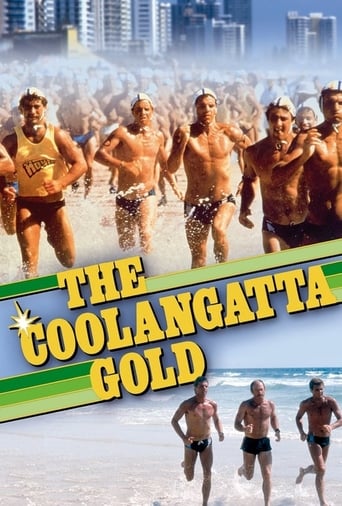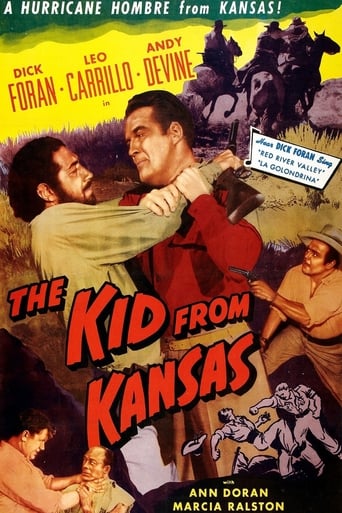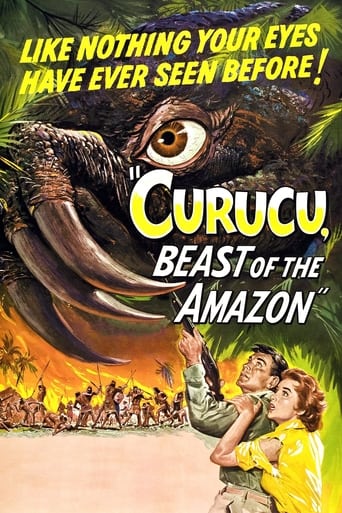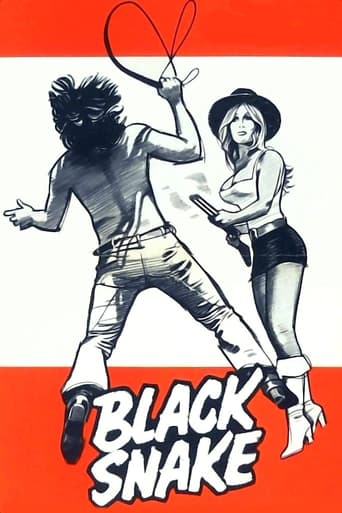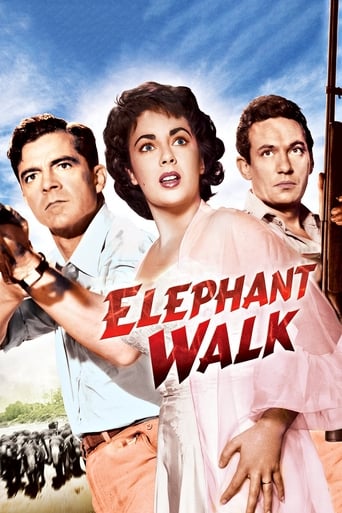
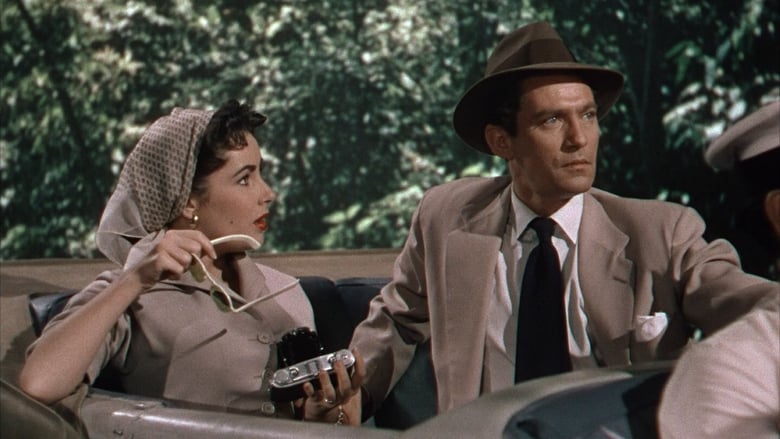
Elephant Walk (1954)
Colonial tea planter John Wiley (Peter Finch), visiting England at the end of World War II, wins and weds lovely English rose Ruth (Dame Elizabeth Taylor) and takes her home to Elephant Walk, Ceylon, where the local elephants have a grudge against the plantation. Ruth's delight with the tropical wealth and luxury of her new home is tempered by isolation as the only white woman in the district; her husband's occasional imperious arrogance; a mutual physical attraction with plantation manager Dick Carver (Dana Andrews), and the hovering, ominous menace of the hostile elephants.
Watch Trailer
Cast
Similar titles
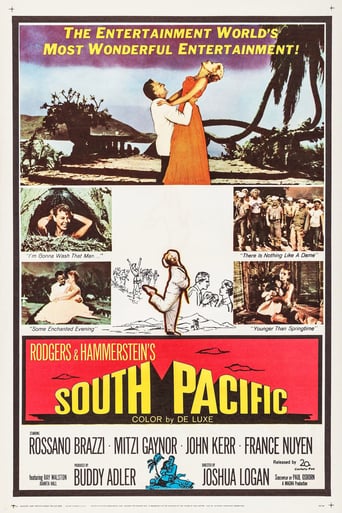
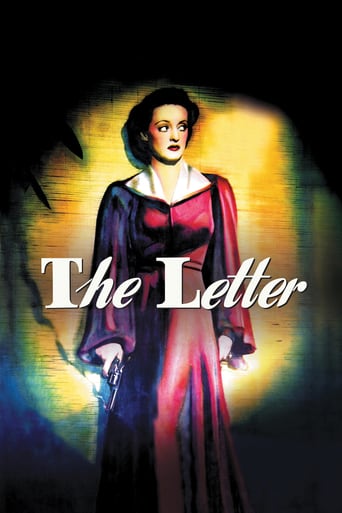
Reviews
Instant Favorite.
Good movie but grossly overrated
A lot of fun.
It is interesting even when nothing much happens, which is for most of its 3-hour running time. Read full review
Elizabeth Taylor looked ridiculous in those boutique clothes. Not the sort of clothing to be worn at tea plantation in a tropical environment. The film seemed like a comedy without any laughter from a bored audience. The only realistic scenes were of the elephants.
In Elephant Walk,directed by William Dieterle and set in Ceylon (now Sri Lanka), the elephants symbolically represent resistance to British colonialism. Viewed from an anti-colonial perspective the film becomes a highly charged, beautifully made pamphlet against colonial grabbing as practiced by the masters of Elephant Walk, British Empire profiteers. To build his fortune, Tom Wiley, the dead, arrogant, greedy tyrant colonizer stopped at nothing, including cutting off the water supply of the Elephants and, collaterally, of the native Ceylonese. However, usurping wealth (tea) and using people as virtual slaves resulted, as usual, in knee-jerk resistance to an unjust economic order, to environmental spoilage, to the rule over the many by a few, to a system formatted to make sure the rich get richer and the poor get poorer. This resistance is what the elephants represented. Instead of the ignored elephant in the room, this picture is about resistance symbolized by elephants that won't be ignored. Elizabeth Taylor portrayed a person born and raised in England who remained oblivious to the true nature of the colonial system. She was like 99% of Brits who, like most of us, were and remain victims of the class who has declared it has a right to possess the world and its people. Today we call this class Wall Street, The Banks, The 1%. Fortunately, in 1972, Ceylon became Sri Lanka and the natives recuperated their land. They may not be any richer today but anything beats being a virtual slave at the hands of British colonial masters, one of the greediest, most arrogant and dehumanizing groups ever to infest the planet. The movie masterfully depicts the true nature of the money-hungry economic parasites who were interested in only one thing – making $$$$££££ - and willing to do anything to get it. John Wiley the character so excellently portrayed by Peter Finch, is more true to life than say, The Great Gatsby, a romanticized version of a 1 percenter. The more I watch this film, the better it gets. Elisabeth Taylor is stunning. Peter Finch is captivating. Dana Andrews is, as always, excellent. The supporting cast is superb. The direction is masterful. The natural decor is hauntingly luxuriant and the interior sets are memorable. So is there anything wrong with this picture? Only that it remains underrated.
....like everyone writes here, a good soap-opera. But, you gotta know the studios wanted to cash-in on the craze for these stories the general public had in that era. Major stars looked down their noses then;, today, you see them in commercials, even ! The studio spent a ton of money on gowns and sets, etc.As some folk have written here, there isn't much shaking for "Elephant Walk", except for constant hooting and threatening to stomp through the mansion by the elephants. Actually, the cinematography was the star of this film - so many potted plants !! Edith Head had "Liz" gowned-up beautifully; I doubt if she could have bent at the waistline in some of them. I was rooting for her to get the heck out of there when she discovered her hubby (Peter Finch) lived in his autocratic father's shadow and no one really liked "that white woman". Dana Andrews didn't add too much to the tale, and did you ever see so many servants ?? Soapy, indeed - but, it's a pleasant watch.....and a little funny in places to realize what we used to consider "epics". As others have written, a good family-film - the epidemic and the final assault by the elephants makes for a good ending. Twice is enough -
Elizabeth Taylor, fresh from Chillingford-on-the-Thames, has just married Ceylonese tea planter Peter Finch and he's taken her back home. He's got quite a place over in what is now Sri Lanka, a 'bungalow' big enough to have a polo field. And that's exactly what they do there. He and his father's friends get on bicycles and play polo in the living room.It's all tradition you know started by Finch's dad who is known to one and all as 'the Guv'nor.' He must have been something else, in everyone's memory he becomes almost a caricature of the colonial Briton.The man must truly have been nuts or else he was one of those colonials who Noel Coward warned went out in the noon day sun a little too long. He built this palatial estate right on a well worn path that the elephants use to get to fresh water when the streams dry up in their neck of the woods. The local natives have to periodically ward them off with noise. They can't kill them because of the strict conservation laws and the Buddhist tradition. Maybe I missed something here, but did he have to build the house right there? Does make for a spectacular climax though.Peter Finch feels the need to keep traditions up and all the friends come over every week, get stinking drunk, and play bicycle polo in the living room. Not exactly the home Liz had in mind. She seeks some solace with overseer Dana Andrews who being American is not into all the colonial British traditions.Elephant Walk, which is also the name of the Finch estate, has the advantage of some really beautiful cinematography in Sri Lanka. Lends an air of realism to a rather unreal plot. Check out Abraham Sofaer who plays the major domo of Elephant Walk with the biggest handlebar mustache on record. One that Terry-Thomas would have envied.Vivien Leigh was supposed to do Elephant Walk, but she bowed out do to health issues. That tuberculosis did flare up at the right time though.
